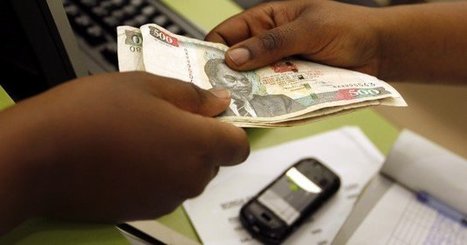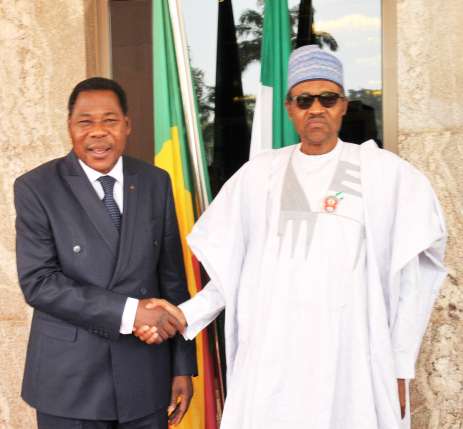While addressing a high-level meeting of Environment Ministers from 54 African nations in the African Pavilion at the on-going United Nations climate change conference in Paris- France, Ban Ki-Moon, Secretary-General of United Nations has recently noted that climate change may be just one of the 17 Social Development Goals, but without addressing it properly, all remaining 16 goals cannot be fully implemented.
Mr Ban Ki-moon stressed that Africa is particularly vulnerable to the effects of climate change. And much of its economy depends on a climate-sensitive natural resource base, including rain-fed subsistence agriculture.
He commended Africa’s notable initiatives meant to properly address climate change. In his words, “Africa has a great opportunity for adaptation and mitigation. Africa has launched the African Adaptation Initiative and the African Renewable Energy Initiative. These two initiatives clearly demonstrate Africa’s leadership by example”.He further added that “through cooperative action, countries and regions can accelerate the transformation to low-emissions climate-resilient economies that meet the development needs of citizens in a sustainable manner.”
“In July, we adopted the Addis Ababa Action Agenda on Financing for Development. At the historic gathering in New York in September, we adopted the 2030 Agenda for Sustainable Development and the 17 Sustainable Development Goals (SDGs),” Ban Ki-moon said.“Now, here in Paris, Governments have the opportunity to secure a global climate change agreement that can pave the way towards a safer, healthier, more prosperous and sustainable future.”
The 54 African Environment Ministers were briefed on the status of the Conference of Parties (COP21) and key points which they should focus on in the penultimate session of the discussions.
The COP21 agreement is scheduled to be signed on Friday, December 11. The African Group of Negotiators (AGN), led by its lead negotiator XolisaNgwadla from South Africa, has identified five priority areas which need political backing for a fruitful outcome. The key political and cross-cutting issues include adaptation, ambition, differentiation, flexibility for Africa and finance.
Ngwadla echoed her sentiments. “We should take the first step towards achieving material parity between mitigation and adaptation. Parity for adaptation should be operationalised in the 2015 agreement through a definition of the global goal for adaptation (GGA)”.
He is of the view that the Paris agreement must deliver on the promise to keep Africa safe, and demonstrating feasibility of keeping global temperature increases below 1.5 degrees Celsius.The AGN team also pointed out that the Paris agreement should be in the form of a protocol or another legal instrument with legally binding form as a matter of international law.
“The Convention provides for all countries to act, outlines further obligations for developed and rich developed countries to take the lead in emission reductions and providing support to developing countries, respectively. It includes specific provisions for countries with specific needs such as Africa, least developed countries (LDCs) and Small Island developing states. This should be achieved,” Ngwadla stressed.
He cautioned Ministers to realise that Africa has above-global temperature increases, deep development challenges and chronic poverty and can’t be expected to divert resources away from development or be excluded as a block from receiving climate finance.
KhaledFahmy, Minister of Environment of Egypt, and President of the AMCEN, called for a united African voice so that Africa wins as a continent. According to him, “statistics paint a bleak future for Africa. The sea level has risen. People and animals are dying. The stakes are high for us. We need a coherent voice to get solutions to these problems”.
TACKLE CLIMATE CHANGE, DEVELOPE AFRICA-BAN KI MOON
10/12/2015- 0



